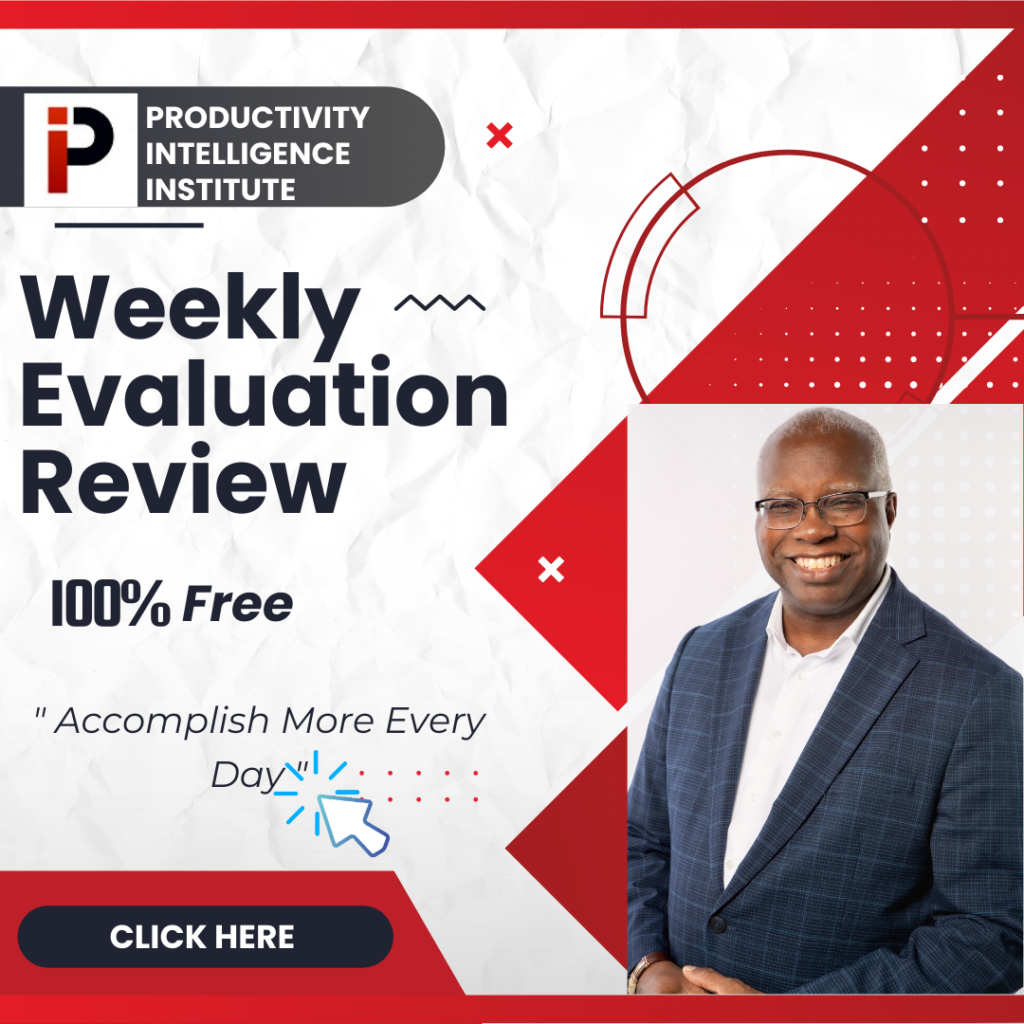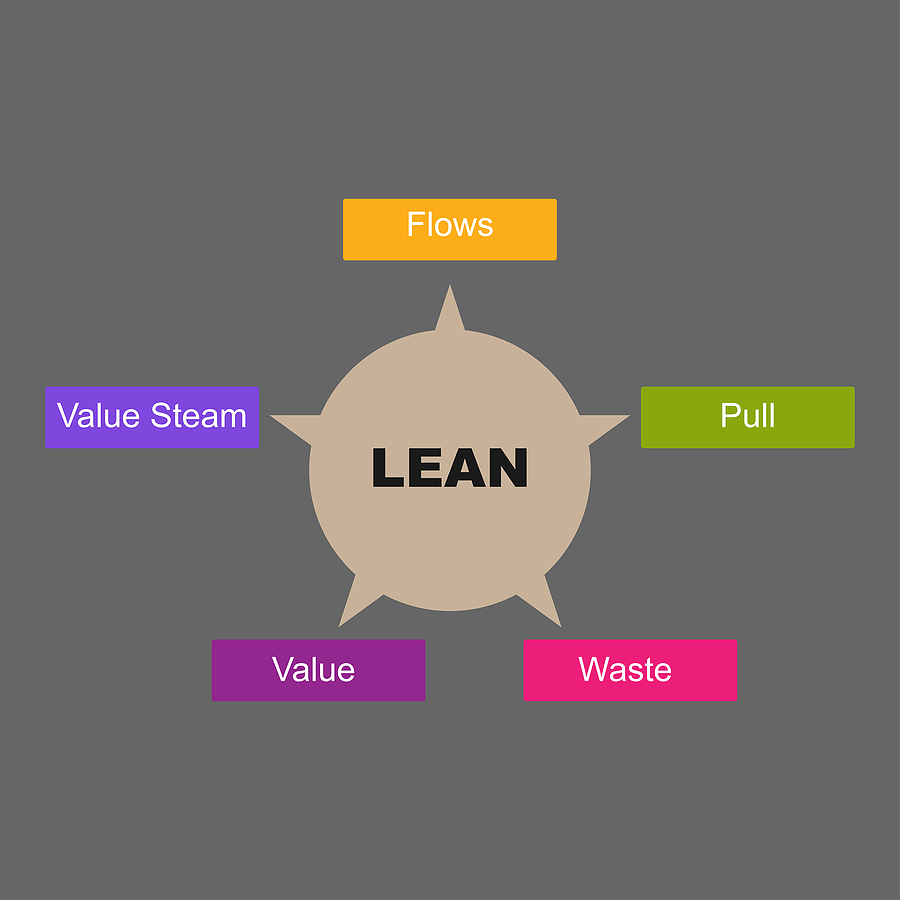291 Views
Who amongst us has not yearned for more hours in a day? As a professional, you juggle dozens of tasks, meet tight deadlines, and implement organizational change. Likewise, suppose you’re a corporate professional managing various projects. In that case, you know the challenges of staying productive while keeping the essence of project results at the forefront.
An experiment conducted by the Draugiem Group used a computer application to track employees’ work habits. They found that the most productive individuals worked for 52 minutes and then took a 17-minute break (Draugiem Group, 2014)
Productivity is a universal challenge.
We all grapple with it – the need to accomplish more in less time, to juggle multiple tasks and priorities, and to maintain balance in our professional and personal lives. The problem isn’t just that there’s too much to do and too little time. Distractions abound, stress levels can soar, and our productivity can plummet without effective strategies and tools.
But what if I told you there’s a way out of this? An approach that doesn’t just involve working harder, but wiser?
Productivity isn’t just about keeping busy. It’s about effective management of time, energy, and resources. It’s about prioritizing what’s essential and eliminating what’s not. It’s about achieving your goals without burning yourself out. And yes, it’s achievable!
The key lies in continuous learning and growth. And one decisive way to achieve this? Books! Yes, that’s right. Books are written by experts who’ve mastered the art of productivity. These books don’t just teach you theories; they equip you with practical strategies you can immediately apply daily. They provide tools to better manage your time, eliminate distractions, reduce stress, and ultimately increase productivity.
Let me tell you, you’re not alone in this! I’ve been there, and I understand the struggle. But the good news? I found a solution. Books! Yes, you read it right. It wasn’t another time management tool or a new method I found online, but good old-fashioned books. And I will share with you the top 10 books that tremendously increased my productivity.
Shall we dive in?
1. “Getting Things Done: The Art of Stress-Free Productivity” by David Allen
Ever felt overwhelmed by your to-do list? Allen’s approach aims to tackle that feeling head-on. His technique allows us to externalize our tasks, freeing our minds from the constant strain of remembering. Allen’s book is a must-read for any project manager or professional, backed up by real-world examples of his method in action.
2. “Eat That Frog!” by Brian Tracy
The central idea is simple: start your day by doing the most challenging task, aka eating the ugliest frog. Tracy shows you how to organize daily effectively, enabling you to zero in on critical studies and accomplish them efficiently. And guess what? Thousands of professionals across the globe vouch for Tracy’s ‘frog-eating’ strategy!
3. “Deep Work: Rules for Focused Success in a Distracted World” by Cal Newport
How often do you feel distracted at work? Newport’s book delves deep into the concept of ‘deep work’—the ability to focus without distraction on a cognitively demanding task. He provides various strategies and numerous examples to stay focused and increase productivity. He backs his claims with robust scientific evidence too. Isn’t that incredible?
4. “The 4-Hour Workweek” by Timothy Ferriss
What if I told you, you could achieve more in less time? Ferriss’s book gives us a new perspective on work-life balance and offers radical but practical advice to reduce work hours while increasing productivity. Ferriss himself applied these techniques and significantly reduced his work hours. Now, wouldn’t you want to try that?
5. “Smarter Faster Better: The Transformative Power of Real Productivity” by Charles Duhigg
Imagine understanding the science of productivity. Duhigg’s book explores eight key productivity concepts, including motivation, goal setting, and decision-making, explaining the science behind them. By dissecting real-life cases from various fields, he makes productivity accessible and applicable.
6. “The Power of Habit: Why We Do What We Do in Life and Business” by Charles Duhigg
Again from Duhigg, this book focuses on how habits work. He argues that understanding and manipulating our practices can significantly increase our productivity. He brings in scientific evidence and numerous real-world examples to support his case. Intriguing.
7. “Essentialism: The Disciplined Pursuit of Less” by Greg McKeown
Ever felt spread too thin? McKeown’s book teaches us how to achieve more by doing less. Essentialism is about focusing on what’s truly important and eliminating everything else. Many business leaders and entrepreneurs have found his philosophy incredibly beneficial. Can you imagine the power of ‘less is more’?
8. “The Checklist Manifesto: How to Get Things Right” by Atul Gawande
Gawande’s book extols the humble checklist as a critical tool to avoid errors and increase efficiency. He illustrates his points with examples from fields like aviation and medicine. As a project manager, can you envision the difference a well-structured checklist might make?
9. “The ONE Thing: The Surprisingly Simple Truth Behind Extraordinary Results” by Gary Keller
Gary Keller’s book drills home one principle: focus on the task that makes everything else easier or unnecessary. Many successful entrepreneurs and professionals have endorsed the power of focusing on one thing. How about giving this ‘one thing’ theory a shot?
10. “Atomic Habits: An Easy & Proven Way to Build Good Habits & Break Bad Ones” by James Clear
Clear’s book is about the compound effect of tiny habits. He presents practical strategies to form good habits, break bad ones, and master the small behaviors that lead to remarkable results. Evidence-based and deeply practical, Atomic Habits is a game-changer in understanding how habits work. Ready to experience the power of tiny changes?
A study from Stanford University found that productivity per hour declines sharply when a person works more than 50 hours a week. After 55 hours, productivity drops so much that putting in more hours would be pointless (Stanford University, 2014).
So, have you picked your next read yet?
You see, continuous learning and development is the key to achieving increased productivity. And books provide us with a fantastic opportunity for this. They offer invaluable insights from experts who have been there, done that, and found a way to do it better.
Remember, it’s not about working more hours but making the hours work for you. It’s about innovative work, not just hard work. So, which book are you picking up first to boost your productivity game?
There’s an exciting thing about reading productivity books. As you read, your brain starts connecting the dots, enabling you to implement the strategies in your life. This isn’t magic; Neurolinguistic Programming (NLP) is at play. It’s your brain engaging, associating, and learning, ensuring you’re not just reading the words but absorbing the lessons.
Are you ready to dive into a world of wisdom and turn the page toward increased productivity? These books promise to bring you one step closer to mastering the art of productivity. With each offering unique strategies backed by real-life examples and scientific evidence, you will find the methods that resonate with you.
So, what are you waiting for? Let’s get reading and boost our productivity!










